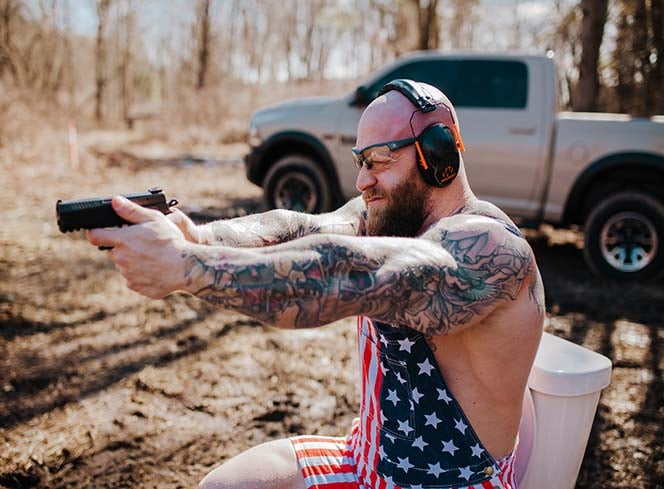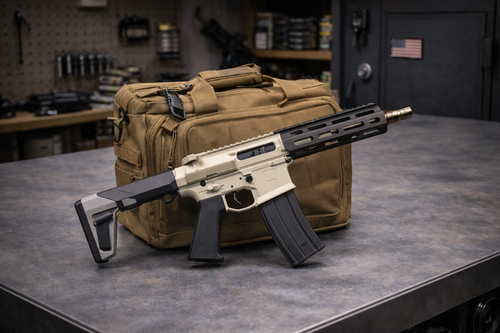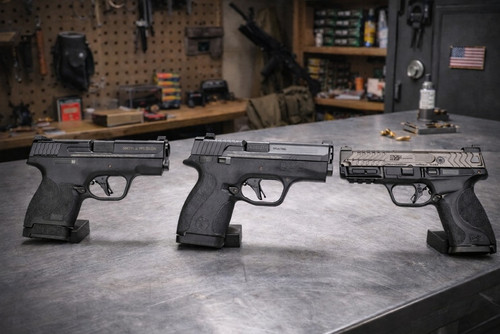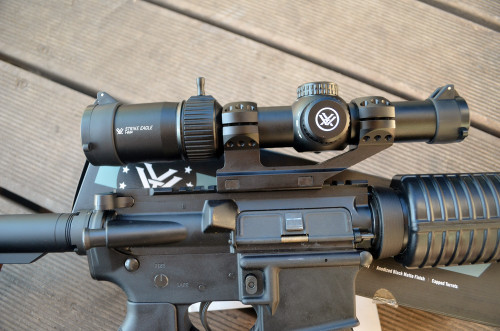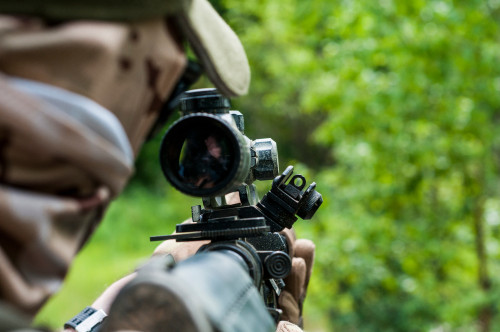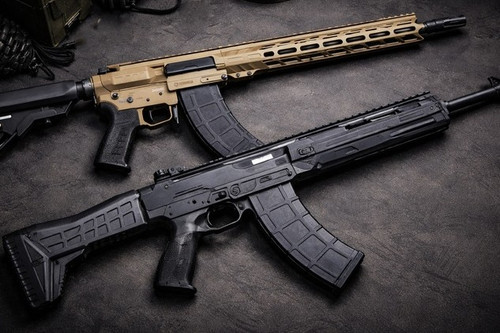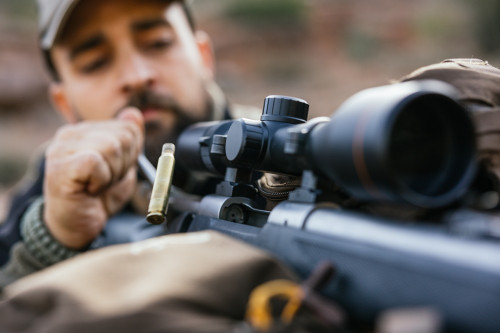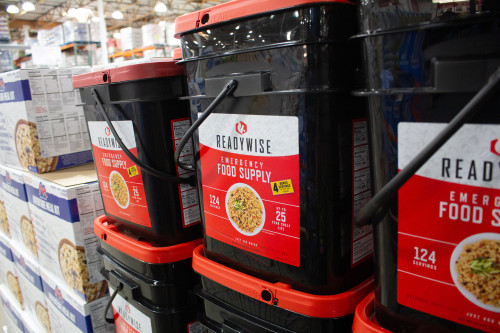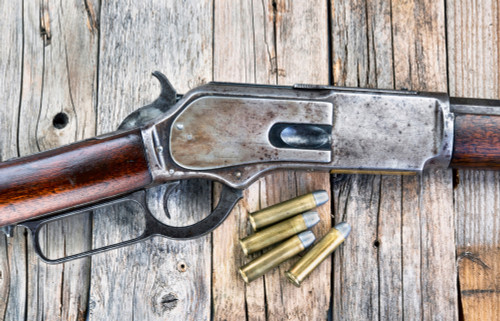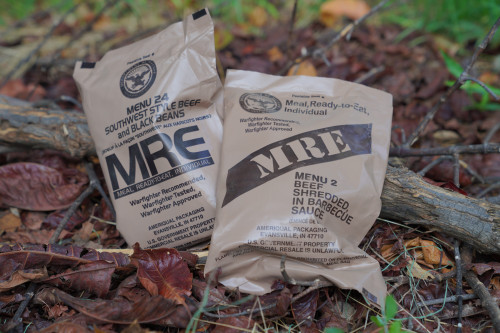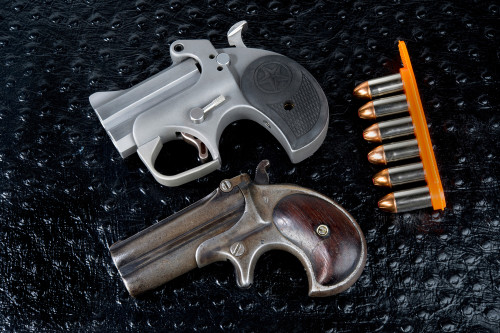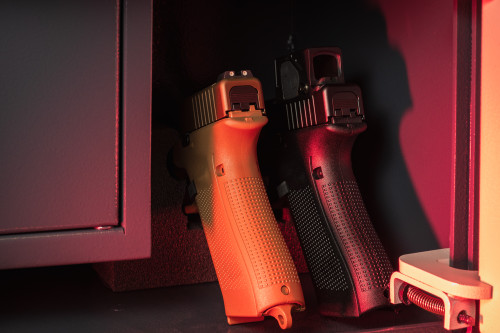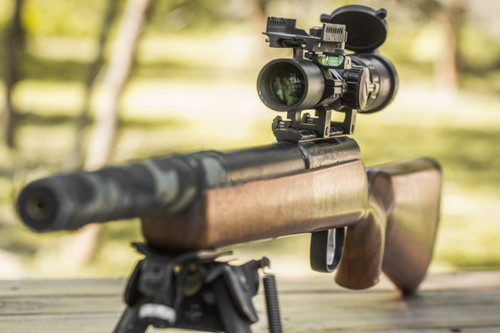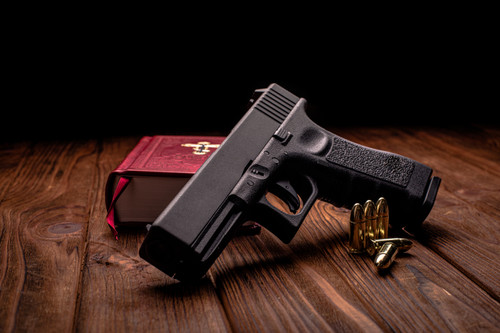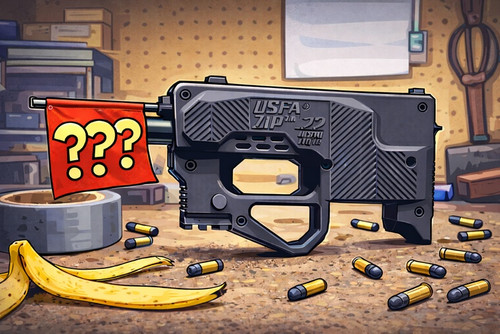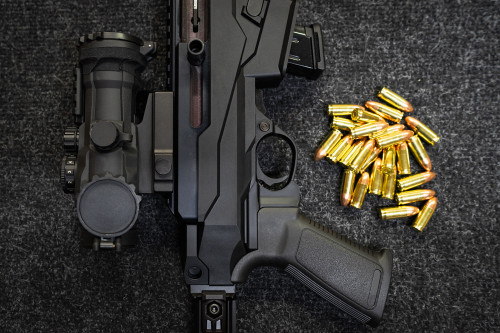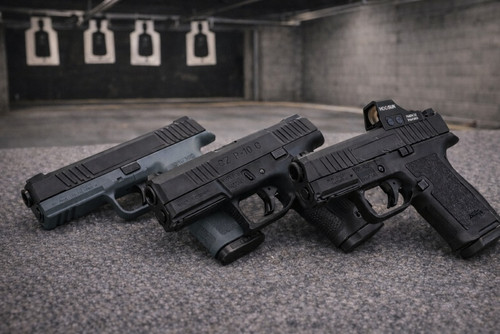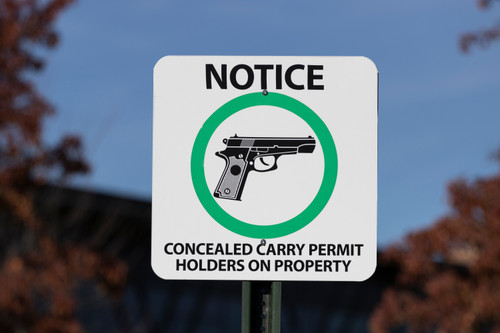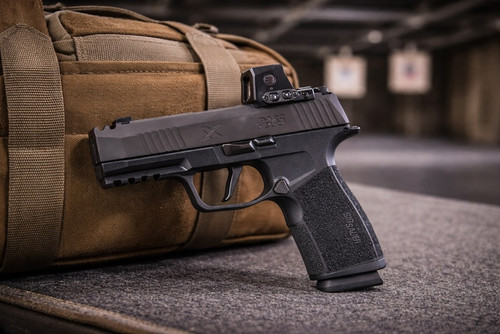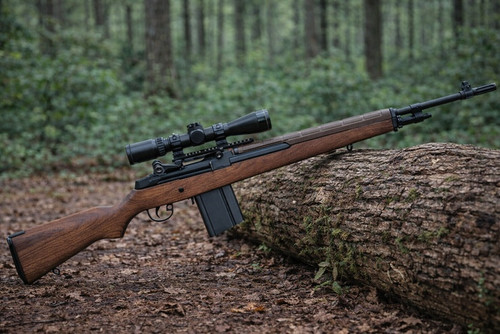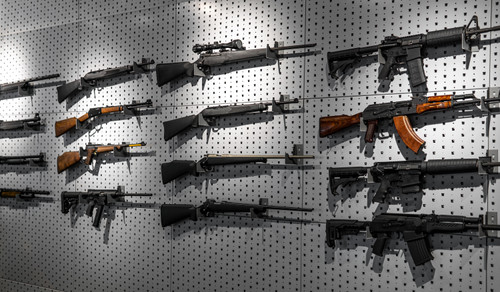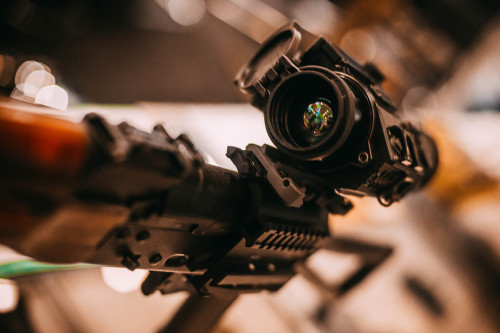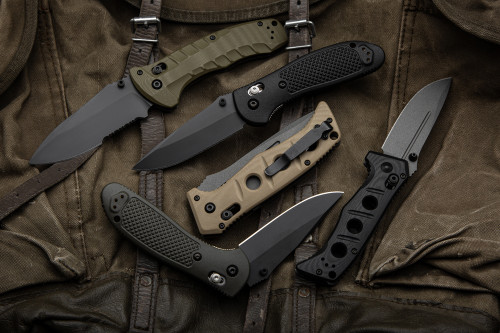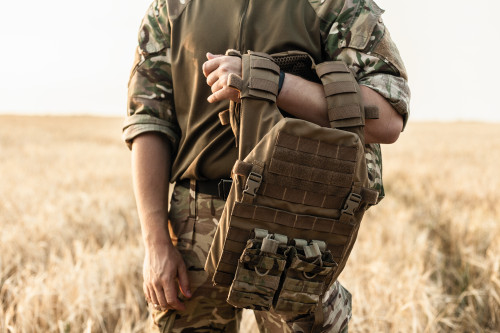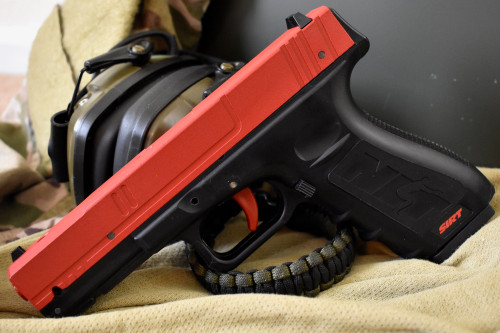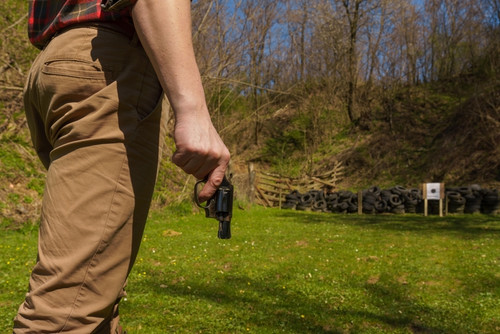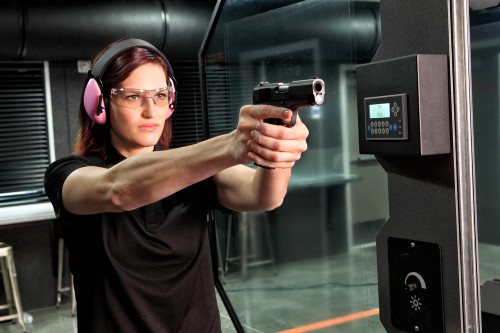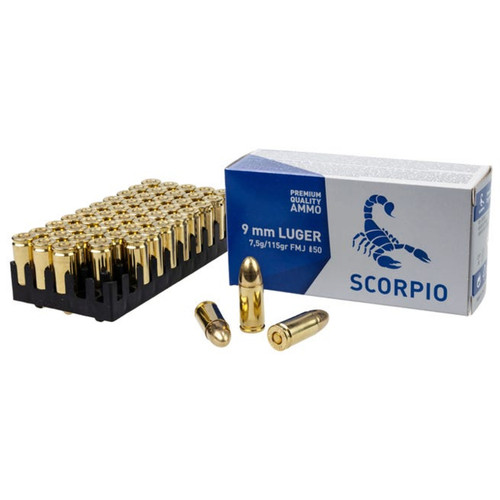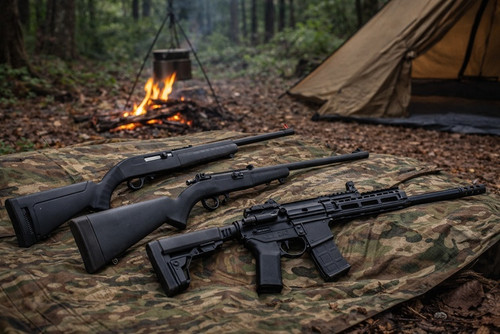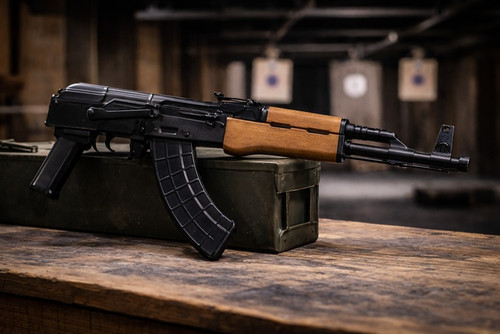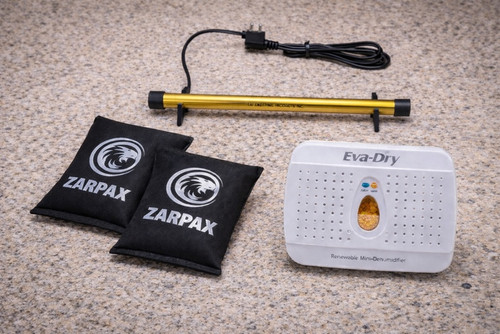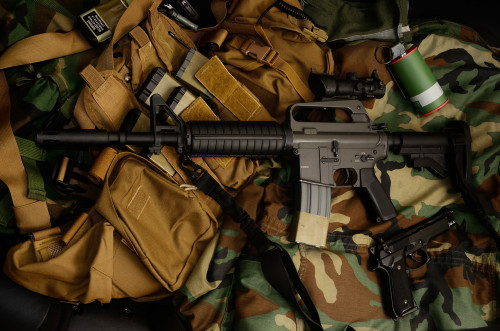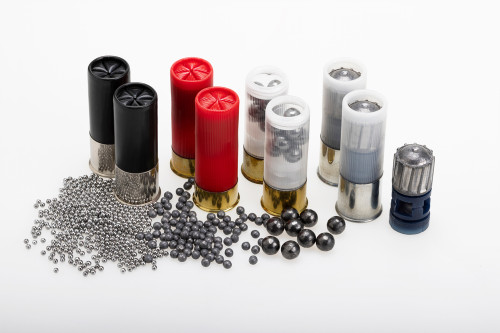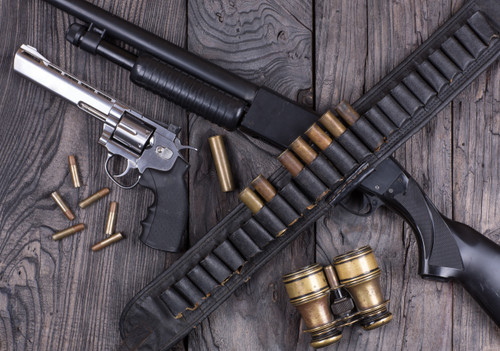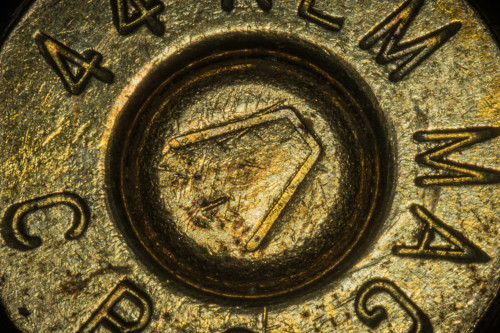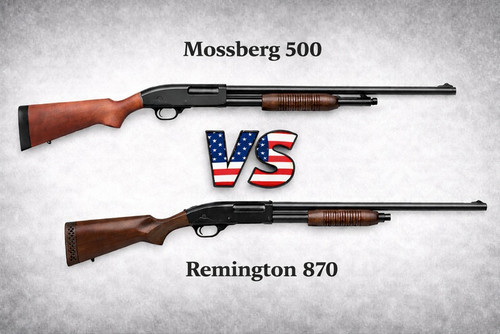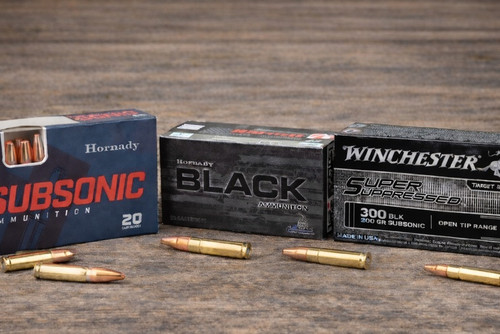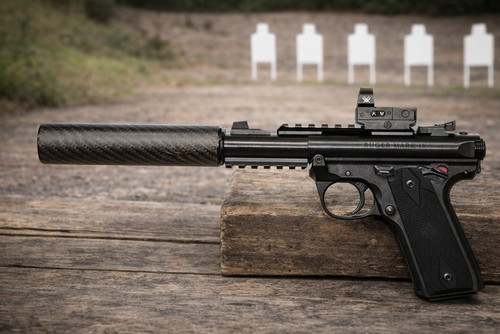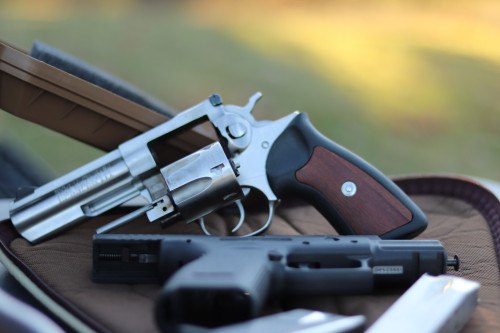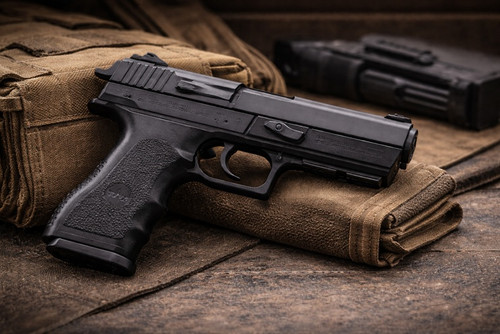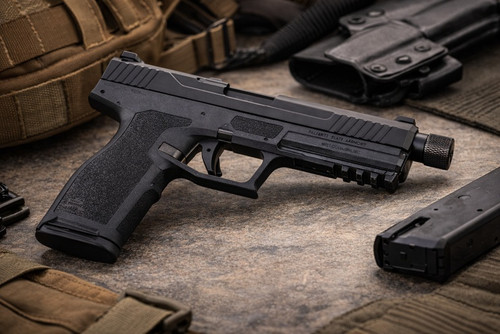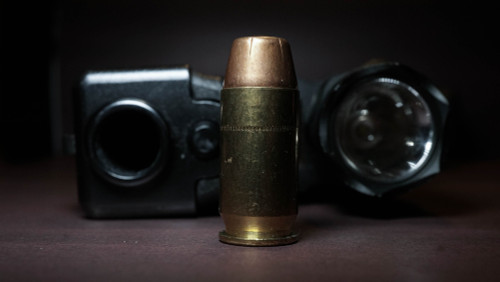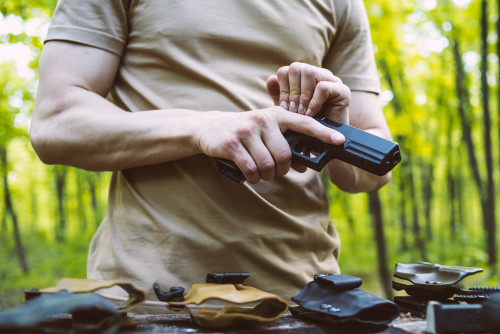If you’ve invested in a high-end 9mm pistol, whether it’s for self defense, competitive shooting, or everyday carry, you’ve likely chosen it for its superior craftsmanship, enhanced ergonomics, and mechanical precision. Firearms from top tier manufacturers like Staccato, Nighthawk Custom, SIG Sauer, and Wilson Combat are engineered with tighter tolerances, premium materials, and finely tuned recoil systems to deliver unmatched performance. With that level of investment, it’s natural to expect flawless operation and pinpoint accuracy every time you squeeze the trigger.
But one common question always surfaces: Will any 9mm ammo work in your premium firearm?
The short answer? Not exactly. While most 9mm Luger (also known as 9x19mm Parabellum) cartridges are built to standardized dimensions and should physically chamber and fire in your pistol, not all ammo is created equal. The internal pressures, bullet design, casing material, and powder burn rate can differ wildly between brands and types. These factors directly affect how well your pistol functions, and in a high end platform, small inconsistencies can lead to failures to feed, extraction issues, excessive fouling, or even long term wear.
Just because it’s labeled “9mm” doesn’t mean it’s optimized for your firearm.
Choosing the right ammunition is about more than function, it's about protecting your investment, ensuring reliability when it matters most, and getting the level of performance your pistol was built to deliver. Whether you're training at the range or carrying for protection, using the wrong ammo can compromise all three.
Let’s break down the key factors you should consider when selecting the right 9mm ammunition for your high end pistol.
Understanding 9mm Ammunition Types
Not all 9mm ammo is created equal. Here are the primary types of 9mm rounds and how they may interact with your firearm:
1. Full Metal Jacket (FMJ)
- Purpose: Target shooting and training
- Pros: Affordable, widely available, minimal fouling
- Cons: Not suitable for self-defense due to lack of expansion
High end pistols typically run FMJs well. However, using low cost, steel cased FMJ ammo may result in excessive wear or cycling issues depending on your firearm’s tolerances.
2. Jacketed Hollow Point (JHP)
- Purpose: Self defense
- Pros: Expands on impact, causing more stopping power
- Cons: More expensive, occasionally finicky with feed ramps
Some premium pistols are fine tuned for JHPs, but others may need a break in period or specific brands to feed smoothly.
3. +P and +P+ Ammunition
- Purpose: Higher velocity for self-defense
- Pros: Increased energy and terminal performance
- Cons: Greater recoil, more wear on firearm parts
Not all high-end pistols are rated for +P or +P+ pressure loads. Check your owner's manual. Using overpressure ammo in a gun not rated for it can lead to mechanical damage, or worse.
Why It Matters in a High-End Firearm
Tighter Tolerances
Top-tier pistols like the Staccato P, Wilson Combat EDC X9, or SIG Sauer P226 Legion are built with precision in mind. These guns feature tight fitment between parts for accuracy and performance. As a result, they may be less forgiving with underpowered or dirty ammunition.
Recoil System Sensitivity
Some high-end pistols use advanced recoil management systems. These systems are often calibrated for specific loads. Feeding light recoiling ammo might lead to stovepipes or failures to return to battery.
Feed Ramp and Magazine Geometry
Premium pistols might include polished feed ramps or tuned extractors. Still, not all hollow points or bullet shapes feed reliably without testing. Always run a box of any new defensive load before trusting your life to it.
The Bottom Line
While most 9mm ammo will technically fit and fire in your high end pistol, you should be selective about what you run. Poor quality or incompatible ammo can lead to cycling problems, excessive fouling, or even long term damage. Stick with reputable manufacturers, Federal, Speer, Hornady, Winchester, and Remington are safe bets.
Your high end firearm is an investment. Give it the fuel it deserves.
Final Thoughts
Your high end 9mm pistol was engineered with precision, reliability, and performance in mind. Every component, from the match grade barrel to the tuned trigger system, was designed to function as part of a finely balanced machine. But even the most advanced firearm is only as good as the ammunition you feed it.
Using bargain bin or mismatched ammo might seem like a cost saving shortcut, but it can lead to erratic cycling, excessive fouling, premature wear, or even failure at a critical moment. A pistol that costs over a thousand dollars deserves better than inconsistent powder charges, poor quality components, or corrosive steel cases.
Stick to trusted, reputable brands like Federal, Hornady, Speer, SIG Sauer, and Winchester, manufacturers with proven track records in both training and defensive ammunition. Always verify pressure ratings (+P or +P+) before use, especially if you’re unsure whether your pistol is rated for them. And if you’re considering carrying a particular load for self defense, test it first. Run a couple of boxes through your firearm to ensure consistent feeding, extraction, and point of impact.
Whether you're putting holes in paper, competing for precision, or defending your life, the right ammo ensures that your pistol performs at its peak, just as it was designed to do.
High-end triggers and tight magazines can be picky — “Does it matter what 9mm ammo you use?" walks through how to test feeding reliability across practice and defensive loads so you can choose confidently.
Protect your investment. Protect your performance. Choose your ammo wisely.
Frequently Asked Questions
1. Can I shoot steel-cased 9mm ammo in my high-end pistol?
Technically yes, but it’s not recommended. Steel cases can accelerate wear on extractors and chambers. Brass cased ammo is safer and more reliable for premium firearms.
2. Is +P ammo safe in all 9mm pistols?
No. Always check your pistol’s manual. Some guns, even high end models, may not be rated for the increased pressure of +P or +P+ rounds.
3. Will using cheap ammo void my warranty?
It depends on the manufacturer. Some brands specify recommended ammo types and may deny warranty claims if damage is caused by out of spec ammunition.
4. What ammo should I use for self-defense in a high-end pistol?
Look for premium jacketed hollow point loads like Federal HST, Speer Gold Dot, or Hornady Critical Duty. Test a few magazines to ensure reliable cycling and feeding.
5. Do I need to clean my gun more often if I use budget ammo?
Yes. Cheaper ammunition often burns dirtier and leaves more residue, which can impact performance in tight tolerance pistols.
6. Can using different brands of 9mm affect accuracy?
Absolutely. Bullet weight, velocity, and bullet design all influence accuracy. Your pistol may shoot tighter groups with certain loads - experiment to find what works best.



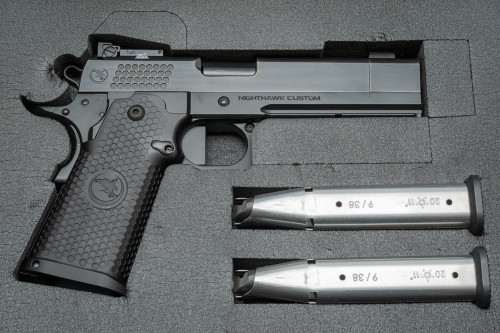
 Pro Armory Editorial Team
Pro Armory Editorial Team